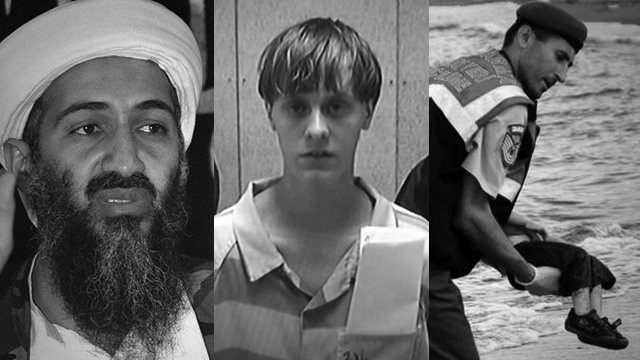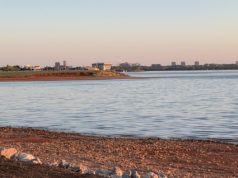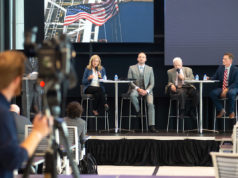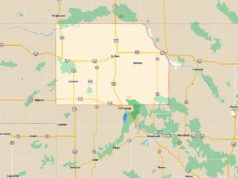The murder of TV journalists on a live broadcast. A white supremacist gunning down African American church-goers in South Carolina. The heartbreaking image of a Syrian refugee child’s corpse on a Turkish beach.
The horror of these acts of terrorism and war are made worse because of the hopeless pathology that powered them. The purposeful transference of pain and hatred onto others gives them a deeper injustice than the seemingly unpreventable traumas we see in other parts of our lives, like terminal illnesses or natural disasters. For the loved ones of these victims and the communities affected, these are all their intimate and excruciating 9/11s.
In the years since my brother David’s death on Sept. 11, 2001, I have compared the tragedy with others’ traumas, be they personal or derived from collective war and political violence. Even though the mass murder that took David shook the security and emotions of millions more than just families like mine, the scale of it can obscure the common thread it has with what happened at the AME Church in Charleston or the daily desperation out in the Mediterranean. These are the stories we look at from afar that fill our daily news feeds, but they have as much to do with human nature and failure as today does for us Americans.
The video below is of a talk I gave in February at the Q Commons forum in downtown Oklahoma City. I wanted to share it today, on the 14th anniversary, to spark you to ponder on what I have learned from others’ “9/11s” in places like Northern Ireland, Rwanda and South Africa, and what they have taught me about “transforming our pain, rather than transmitting it.”
(Special thanks to Destiny Creative Co. for editing this video.)






















